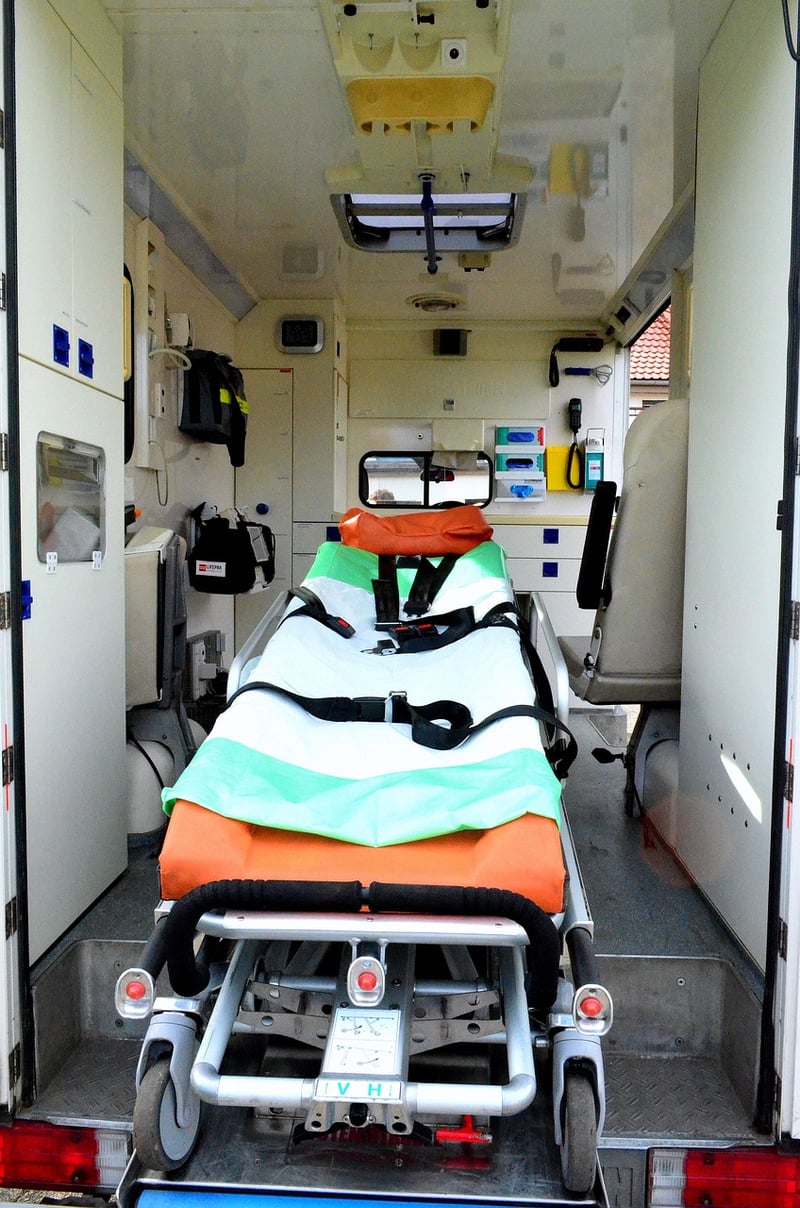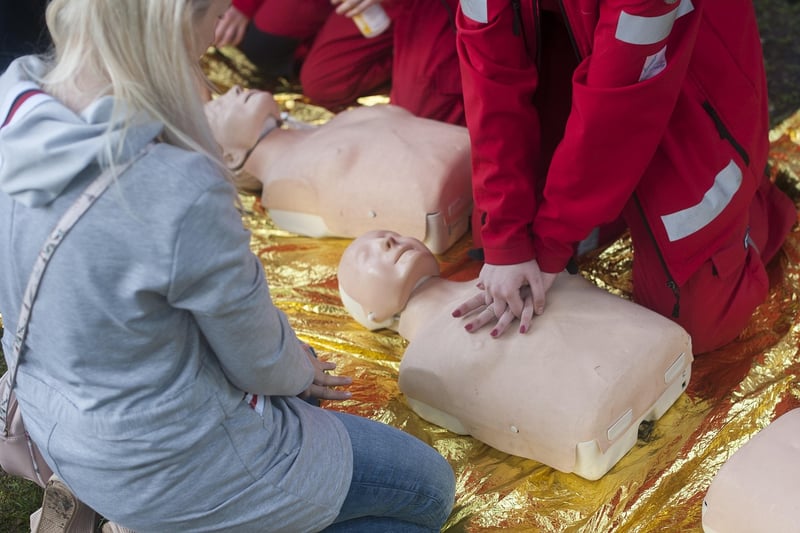First Aid Basics
5 Essential First Aid Basics for Prioritizing Your Well-Being
In our fast-paced world, accidents can happen when least expected. Knowing some basic first aid techniques can make a significant difference in emergencies. By prioritizing your well-being and being prepared, you can potentially save lives. Here are five essential first aid basics that everyone should know:
1. CPR (Cardiopulmonary Resuscitation)
CPR is a life-saving technique used in emergencies such as cardiac arrest or drowning. By performing chest compressions and rescue breaths, you can help maintain blood flow and oxygenation to vital organs until professional help arrives.
2. Choking
Knowing how to help a choking victim is crucial. The Heimlich maneuver can dislodge an obstructing object from the airway, allowing the person to breathe again. Learning this technique can be vital in saving someone from a life-threatening situation.
3. Wound Care
Clean and cover wounds properly to prevent infection. Basic wound care includes washing the wound with soap and water, applying an antiseptic, and dressing it with a sterile bandage. Understanding wound care can facilitate faster healing and reduce complications.
4. Burns
Knowing how to treat burns is essential. For minor burns, cool the affected area with running water and cover it with a sterile dressing. Seek medical attention for severe burns or burns that cover a large area of the body. Proper burn care can minimize pain and promote healing.
5. Recognition of Stroke or Heart Attack Symptoms
Recognizing the signs of a stroke or heart attack is critical for timely intervention. Common symptoms include sudden numbness, weakness, confusion, chest pain, and difficulty breathing. Calling emergency services immediately can help in providing prompt medical assistance.
By familiarizing yourself with these first aid basics, you can be better equipped to handle emergencies and safeguard your well-being as well as that of others. Remember, staying calm and acting swiftly can make a lifesaving difference.

Stay safe, stay informed, and prioritize your well-being!
